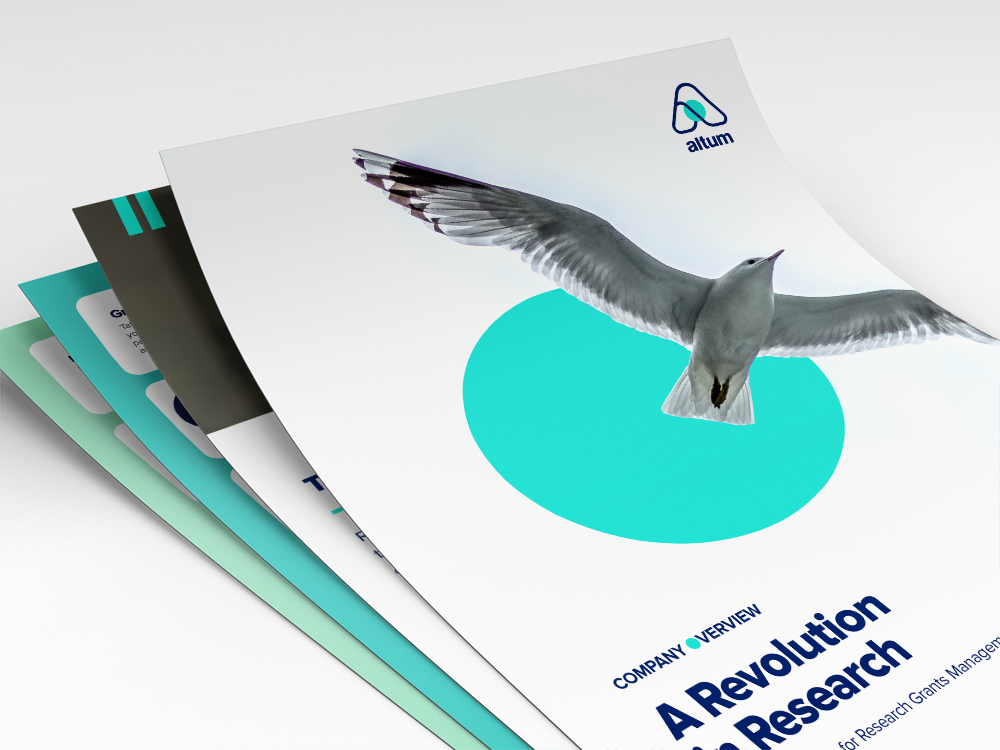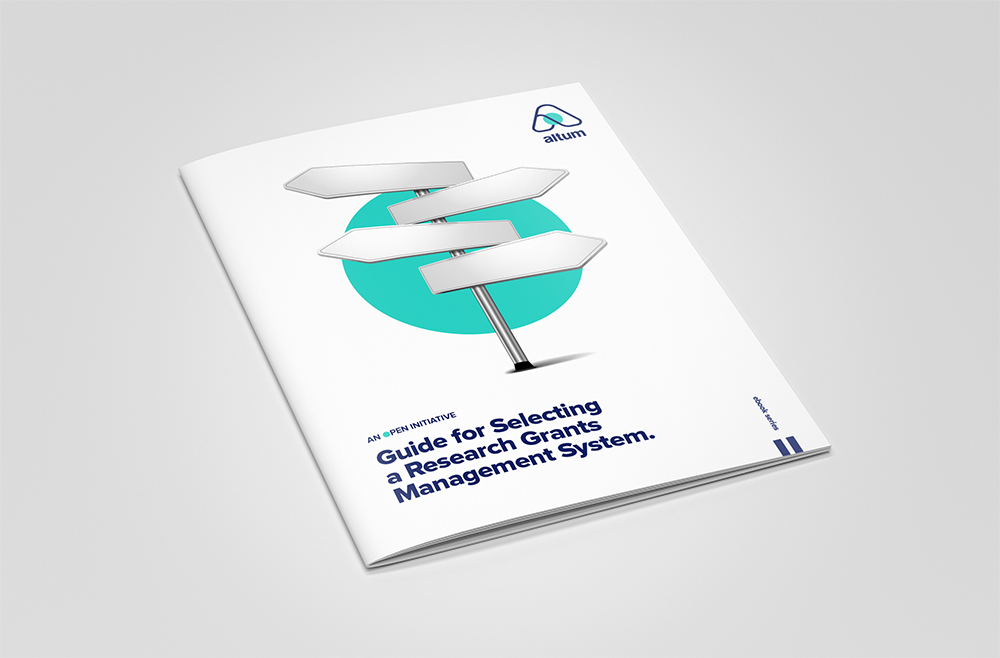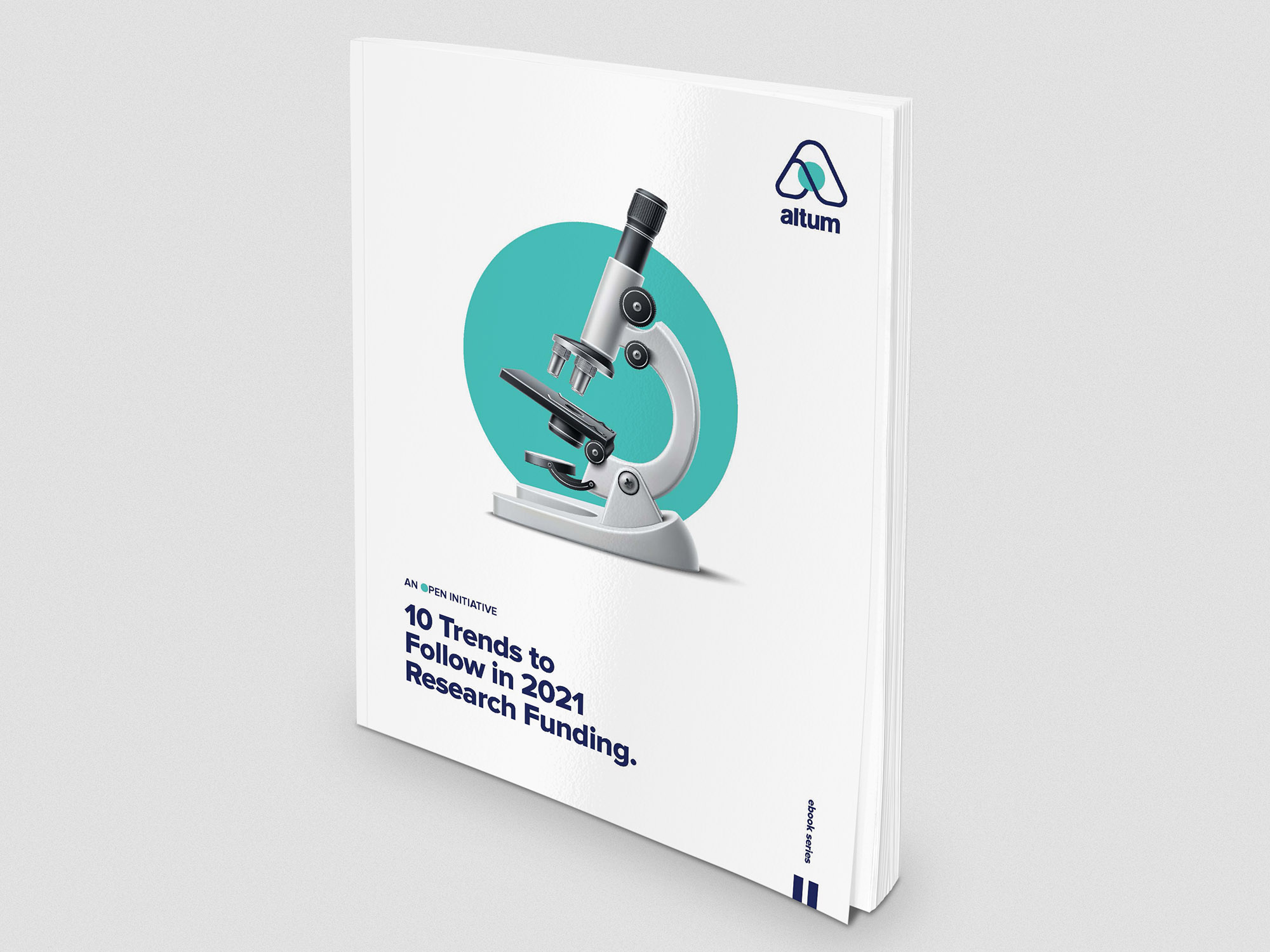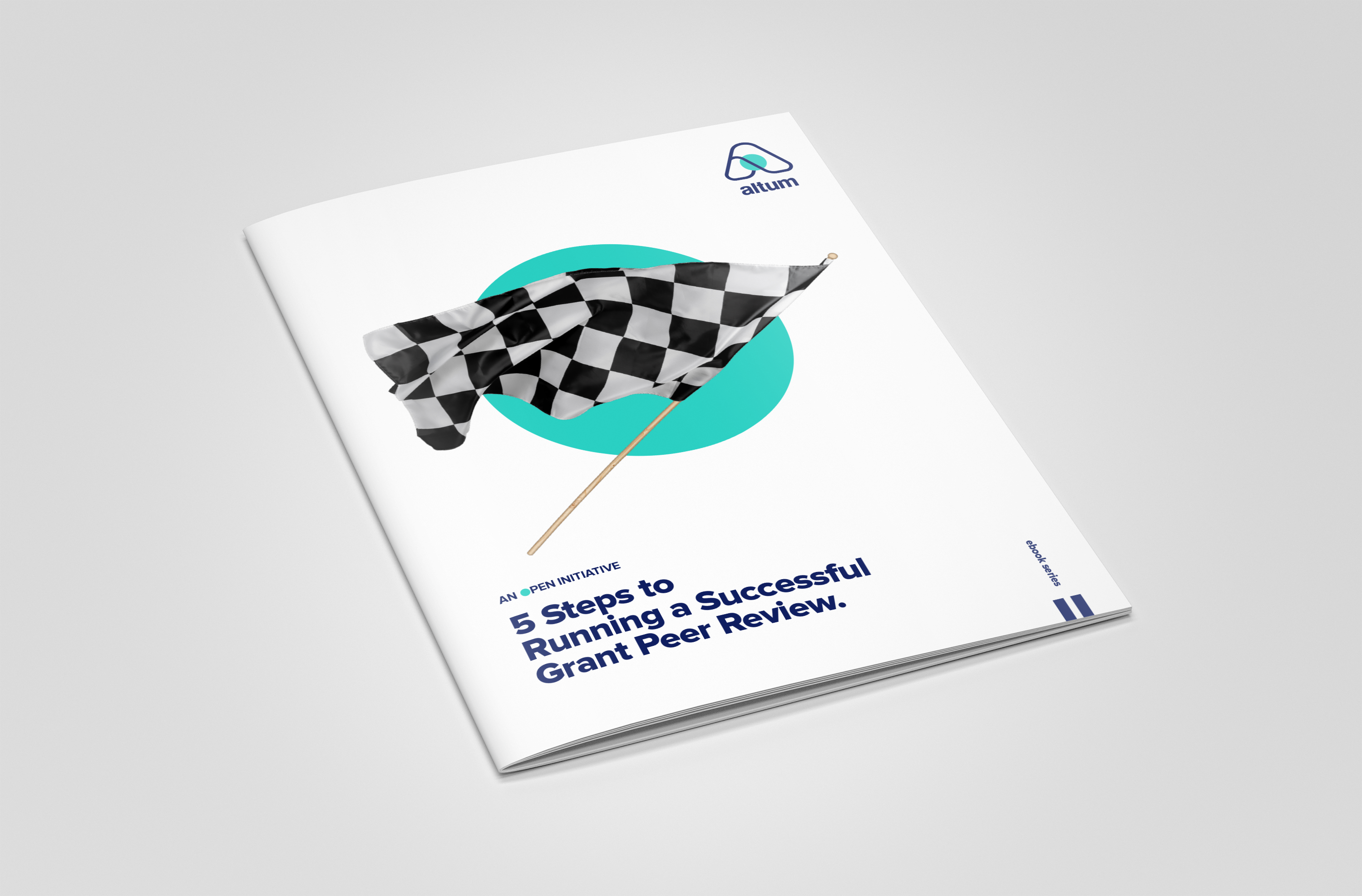-
Grants Management and Administration
Simplifying grants management from application to award and connecting research funders with over 600,000 grant seekers globally.
-
Search, Discovery, and Outcome Visualization
A deep text search and visualization tool to see the connections and impact of grants and awardees across the entire research lifecycle.
-
Reporting and Data Analysis Platform
An intuitive analytics platform with predefined dashboards to explore data, uncover hidden insights, and make better grant making decisions.
-

Where AI Meets Research Grants
AI-powered research assistant is designed specifically for the grant-funding community




